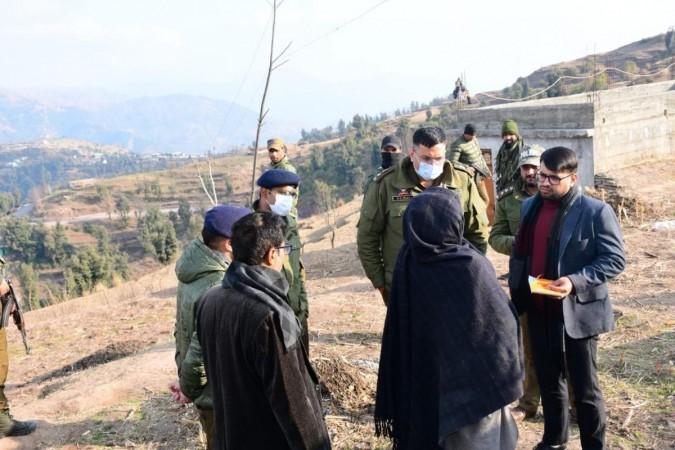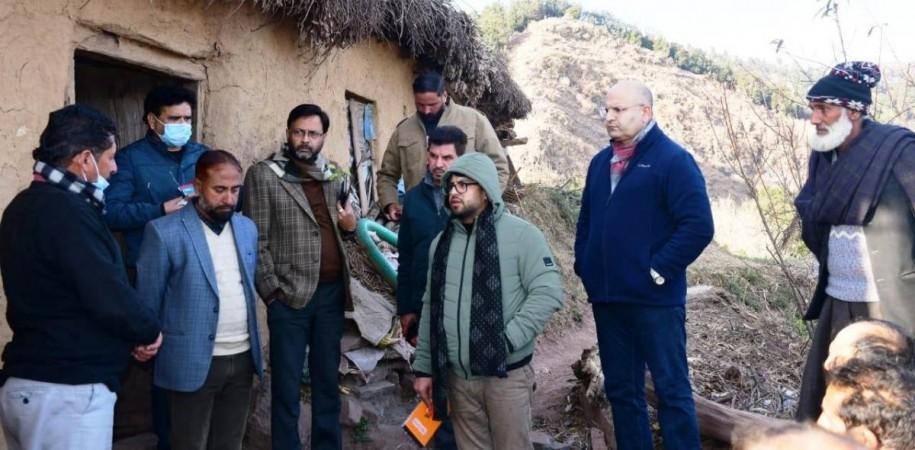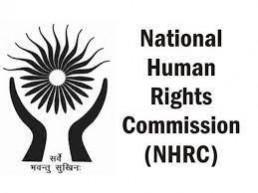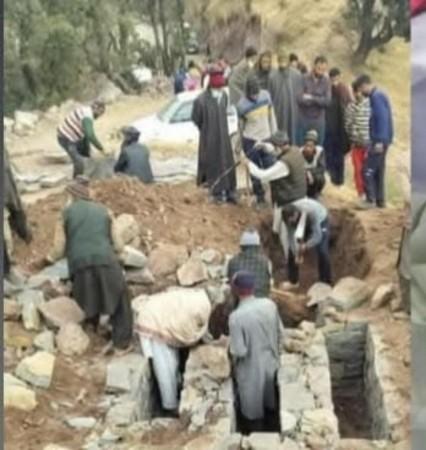
While no fresh case of mysterious illness has been reported in the ill-fated Badhaal village of Jammu and Kashmir's Rajouri district, medical experts are still working to identify the reasons behind the mysterious deaths of 17 individuals in the village over the last 52 days.
Three sisters, who were undergoing treatment at Government Medical College (GMC) Jammu and Shri Maharaja Gulab Singh (SMGS) Hospital Jammu, have recovered and were discharged by the doctors.
On January 23, four individuals, including the three sisters, were shifted to hospitals from Badhaal village.

The sisters, aged between 16 and 22, were first admitted to the Government Medical College (GMC), Rajouri, from where were later airlifted to Jammu for advanced treatment.
Another critically ill patient, Javid Ahmad (24), was referred to PGI Chandigarh from GMC Rajouri, where his condition improved. All four patients were close relatives of the three families that lost members to the mysterious illness.

Petition already filed in NHRC
RTI Activist Raman Sharma has already urged the National Human Rights Commission (NHRC) to intervene in the ongoing health crisis in Badhaal village.
Sharma has filed a formal petition to the NHRC which has been allotted diary number 1614/IN/2025. In the petition, besides other demands, he has requested the commission to issue directions to the Union Health Ministry to assist the Jammu and Kashmir government in addressing the health crisis.
The petition also demands immediate financial compensation for the grieving families, who are struggling emotionally and financially after these devastating losses. Sharma has stressed the need for medical and psychological support for the survivors, especially vulnerable children and the elderly.
The plea highlights the urgency of NHRC's involvement to expedite the investigation into the cause of these deaths, ensuring transparency and accountability. Sharma has also urged the NHRC to recommend preventive measures to avoid such tragedies in the future, including regular testing of water sources, awareness campaigns on chemical safety, and improved healthcare infrastructure in rural areas.

Is organophosphorus poison the cause of the mysterious deaths?
Although authorities remain tight-lipped about the exact cause of the mysterious deaths of 17 persons from thirteen children, some reports quoting health officials suggest that organophosphorus poisoning might be the culprit, as patients responded positively to atropine injections—a standard antidote for organophosphate poisoning.
Reports quoting a senior doctor indicated that atropine was initially administered to two patients for heart rate management, and both showed significant improvement. This prompted speculation that organophosphorus poisoning could be the likely cause. However, the doctor cautioned against jumping to conclusions, as official reports from top laboratories are still awaited.
Organophosphorus poisoning occurs due to exposure to organophosphates, a class of chemicals commonly used in pesticides, herbicides, and nerve agents. Exposure can happen through ingestion, inhalation, or skin contact.
Common symptoms include excessive saliva and tears, vomiting, diarrhea, small pupils, sweating, muscle tremors, and confusion.
The Forensic Science Laboratory (FSL) report from Chandigarh, which could provide critical insights, is expected within 2–3 days.
Member NITI Aayog chaired a high-level meeting
Reports indicate that a member of NITI Aayog Dr. V K Paul chaired a high-level virtual meeting to review the ongoing management strategy and identify the root cause of the mysterious deaths. The aim of the meeting was to bring together national and local expertise to resolve the crisis.
The meeting focused on reviewing the management strategy, identifying the root cause of the deaths, and devising measures to prevent further fatalities. Following detailed deliberations, several decisions were made, including:
- Establishing a control room as a centralized point for decision-making and coordination to ensure swift responses to the crisis.
- Forming technical and national-level task forces, involving experts from national and local institutions, to analyze the situation, evaluate reports, and provide recommendations.
- Ensuring regular meetings of the task forces to develop a checklist for coordinated field responses and improving Standard Operating Procedures (SOPs).
The government will also launch a community awareness campaign in the affected areas to educate the local population on health safety measures and minimize potential risks. A death audit will be conducted to ascertain the sequence of events and root causes of the fatalities. Additionally, clinical care teams will be stationed in Rajouri with support from institutions like AIIMS and PGIMER to ensure timely interventions.








